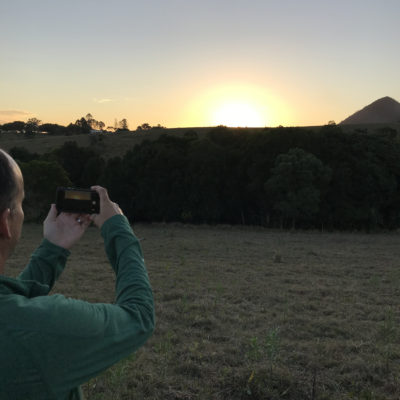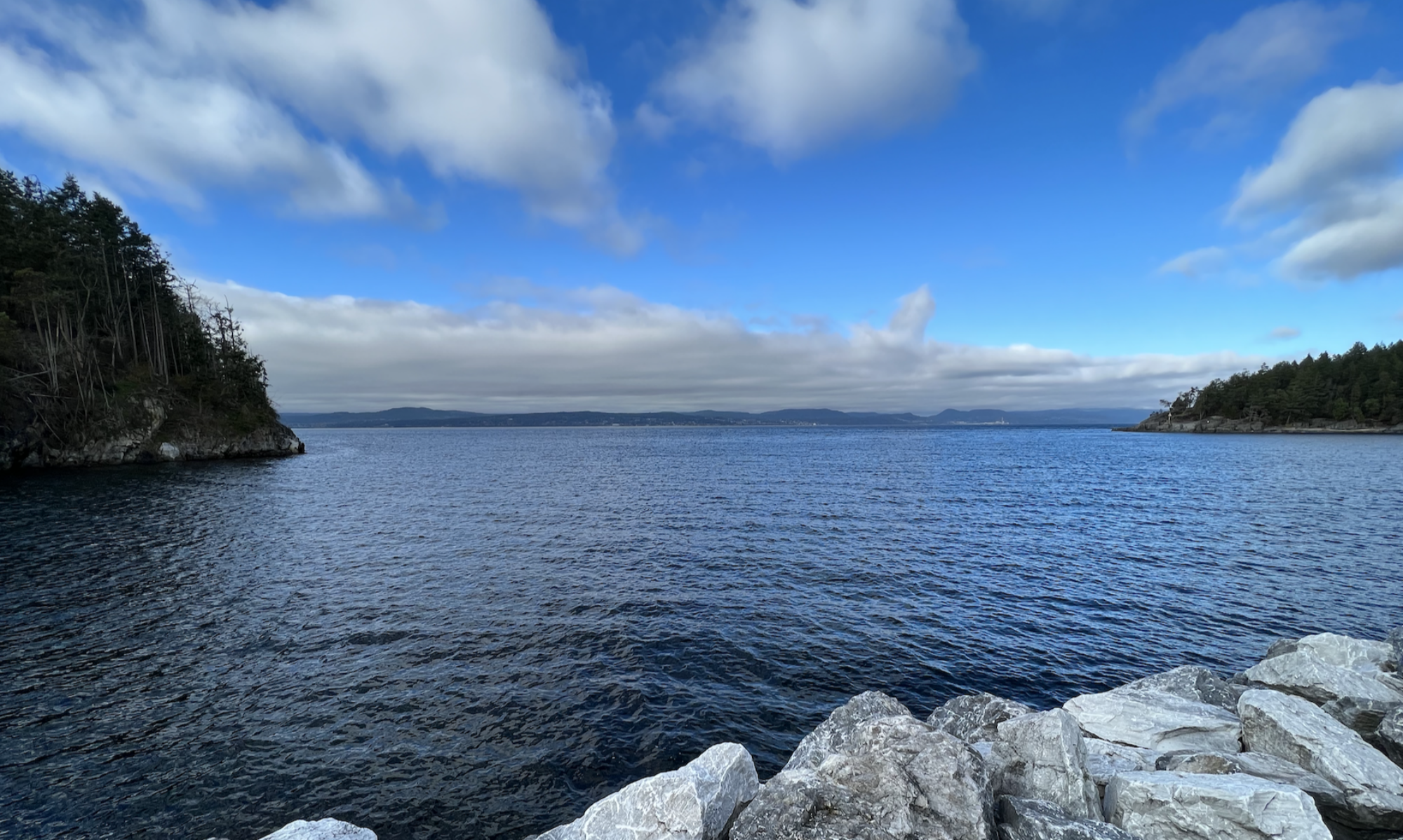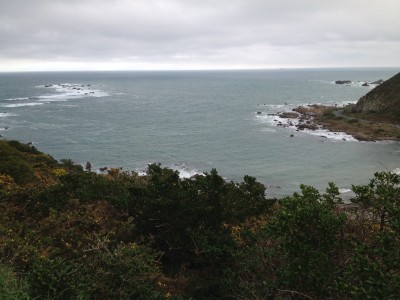 Photo by Amanda Fenton
Photo by Amanda Fenton
Ram Dass is an American Spiritual Teacher, former academic and clinical psychologist. He’s 87. He’s one who has bridged western and eastern ways of knowing.
A friend, Joan Hitchens, recently recommended a Ram Dass book to me, “Walking Each Other Home: Conversations About Loving and Dying.” I’m interested because, well, aren’t we all seeking love, perhaps loving. And, well, aren’t we all dying.
I notice that I am sipping this book. Sometimes picking it up to read just a paragraph. And then giving myself permission to let those few words abide in me.
Here’s an example of a sip:
If I’m going to die, the best way to prepare is to quiet my mind and open my heart.
If I’m going to live, the best way to prepare is to quiet my mind and open my heart.
I love the contrast that calls for the same action and practice.
I remain a person committed to giving attention to the thing behind the thing behind the thing. It’s rather irrepressible in me. Sometimes it’s fun. Sometimes it’s really hard. Sometimes it feels philosophical. Most of the time it feels utterly and essentially on the ground.
It is my belief and experience that groups too, seek the deeper paths together. Groups too, seek meaning and purpose together. Groups too, sense that there is more to what is happening than what is happening. The language in groups is often more obscured, but I don’t think the desire is. The complexity is often more intense, but I don’t think the essential impulse is.
Groups too, seek process, to quiet mind and open heart. Groups too, seek healing beyond default pattern.
That’s my story. I’m sticking to it.




